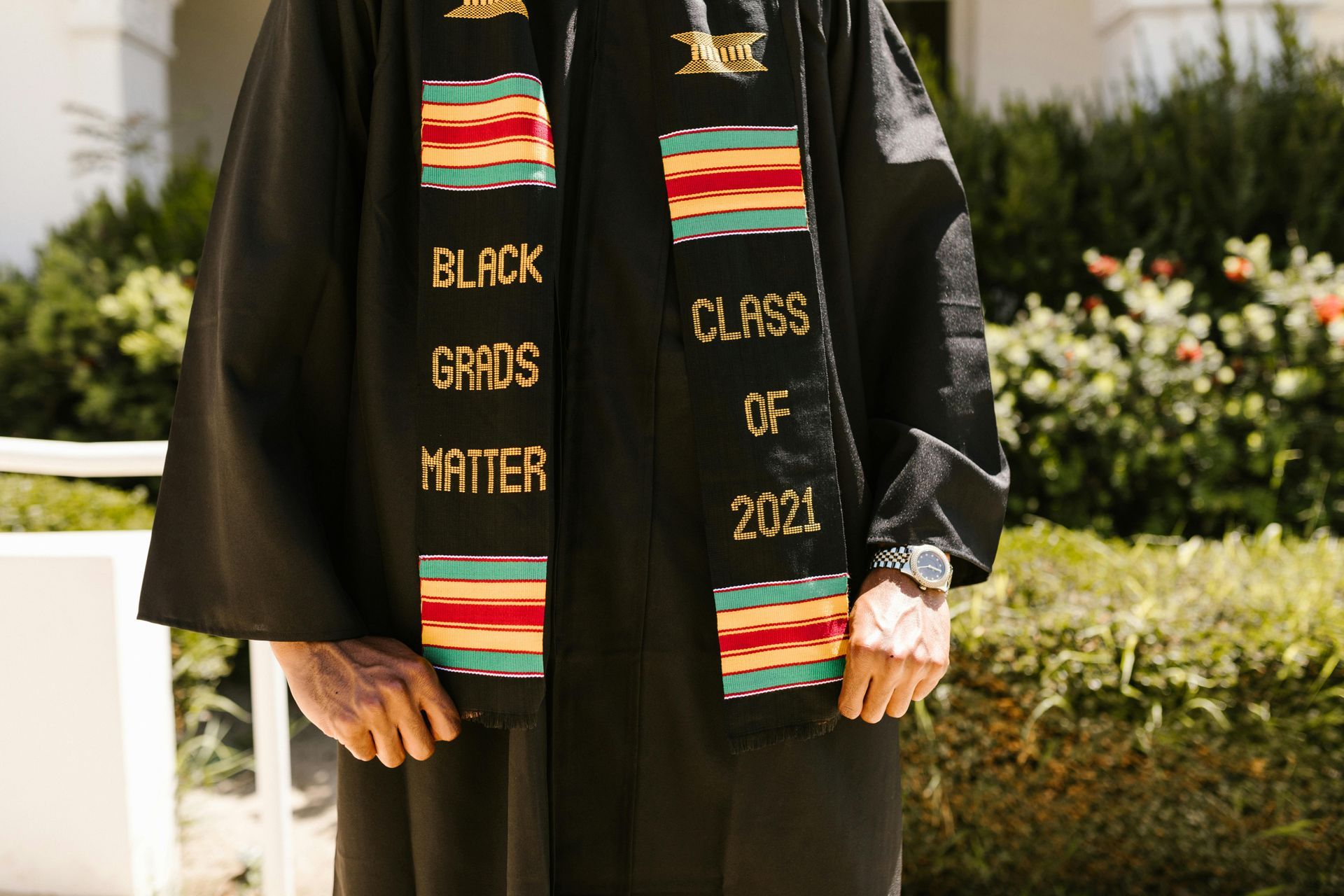Debunking the Myth of Learning Styles: Why the Concept is No Longer Valid
Learning Styles is a Myth

In the realm of education, theories and practices evolve over time as our understanding of cognitive processes deepens and empirical evidence accumulates. One such notion that has undergone scrutiny and revision is the concept of "learning styles." Once touted as a revolutionary way to tailor education to individual preferences, learning styles have, over the years, been deemed a myth due to a lack of empirical support. In this blog post, we will delve into the reasons why learning styles are no longer considered valid, backed by substantial evidence from educational research.
The idea behind learning styles suggests that individuals have distinct preferences for how they receive and process information, such as visual, auditory, or kinesthetic modes. However, numerous studies have failed to establish a consistent and measurable correlation between teaching methods aligned with specific learning styles and improved learning outcomes. One of the most comprehensive analyses, published in the journal Psychological Science in the Public Interest, reviewed existing research on learning styles and concluded that there is insufficient evidence to support their effectiveness.
Moreover, the scientific community has identified several fundamental issues with the concept of learning styles. One key concern is the lack of a standardized framework for categorizing and defining learning styles, leading to ambiguity and inconsistency in research. Another concern is the failure of learning style proponents to provide neurobiological evidence that supports the existence of distinct learning pathways in the brain. Advances in neuroscience have revealed that learning is a complex, multi-faceted process involving a network of brain regions, making the notion of isolated learning styles overly simplistic.
Cognitive psychology also sheds light on the shortcomings of learning styles. Research by psychological scientists, including Pashler, McDaniel, Rohrer, and Bjork (2008), suggests that employing diverse learning strategies, rather than catering to a single purported learning style, is more effective for knowledge retention and transfer. This aligns with the principle of "interleaved learning," where mixing different types of problems or materials during study enhances long-term comprehension.
The rejection of learning styles has prompted educators to focus on evidence-based practices that have a substantiated impact on learning outcomes. Universal Design for Learning (UDL), for instance, acknowledges the diversity of learners but emphasizes flexible approaches and varied instructional methods that cater to a broad range of learning preferences. This approach is grounded in the principles of cognitive psychology and supported by empirical research.
In conclusion, the concept of learning styles, once considered a groundbreaking approach to education, has been debunked as a myth due to lack of empirical support and various conceptual flaws. The absence of consistent evidence linking teaching methods to specific learning styles, coupled with the complexity of cognitive processes, has led the scientific community to dismiss the validity of this concept. As educators, it is crucial that we adapt our teaching strategies based on rigorous research and evidence, promoting approaches such as UDL that have demonstrated effectiveness in accommodating diverse learners. By discarding the learning styles myth, we can pave the way for a more informed and impactful educational experience for all students.










